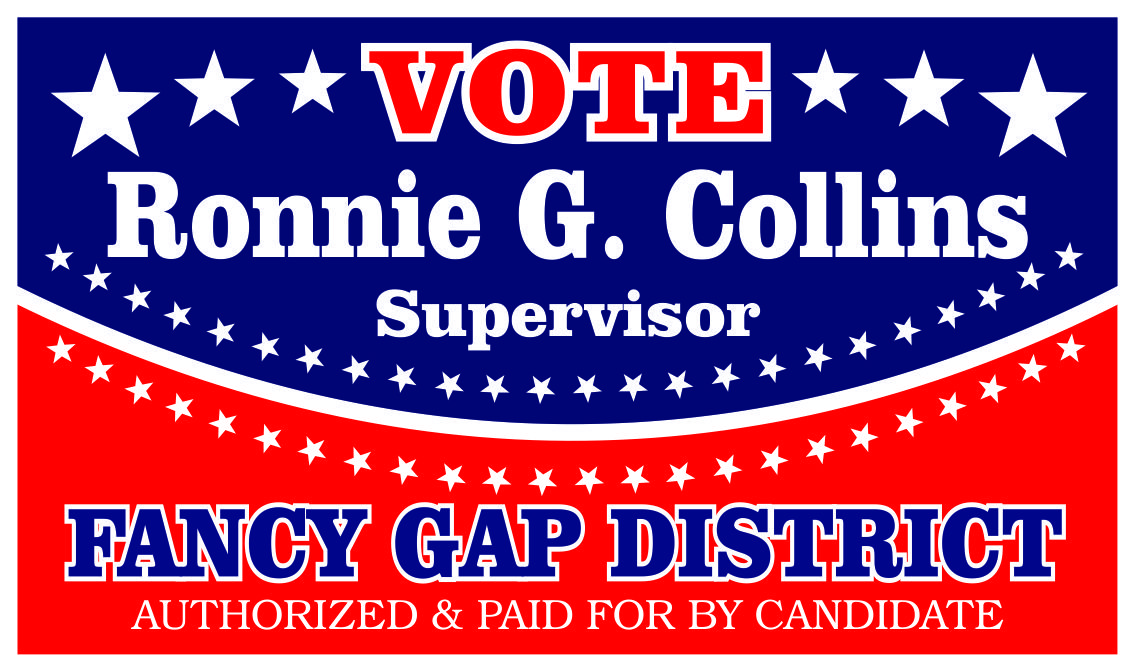Here is a great part of our Methodist History that many people don’t know. Dr. Thomas Bramwell Welch – would become synonymous with grape juice, jam and jellies.
I bet you know that name!
Ronnie
On a warm September day nearly 130 years ago, a Vineland dentist — a strict prohibitionist and religious man — set out to make a nonalcoholic wine to be served at communion service in his church.
He, his wife and their teenage son gathered baskets of grapes from the porch trellises near their home, soaked them, filtered the juice and pasteurized it (a relatively new and controversial sterilization method). They bottled, sealed and stored the juice.
Then the family, anticipating the worst, sat back and waited and waited weeks for what it thought would be the inevitable explosion.
It never happened.
The experiment, decades later, however, would explode into a successful worldwide marketing venture that flourishes even today, and the dentist’s name – Dr. Thomas Bramwell Welch – would become synonymous with grape juice, jam and jellies.
Oddly enough, the experiment supposedly was sparked by an unruly visitor to the Welch home, then on the southeast corner of Fourth and Plum Streets.
According to historical reports, a Sunday visitor to the Welch home “who had a weakness for alcohol,” partook of the communion wine at church services but didn’t stop with just the religious imbibing.
He kept on drinking, and became rowdy. Welch, a strict prohibitionist who preached temperance, became upset. A communion steward of the Vineland Methodist Church, Welch decided then and there that a nonalcoholic wine was needed and he began his experiments.
Grapes of Frustration
The unfermented wine wasn’t an instant success, however. Churches at first were reluctant to deviate from tradition.
Many years later, Dr. Welch’s son Charles (who would take over the company and launch it into worldwide fame) his father, referring to the time when hopes for the product’s success seemed dismal.
“You squeezed grapes, you squeezed the family nearly out of money; you squeezed your friends. It seemed necessary to acknowledge defeat – financial defeat, only, and get out from under the load,” he wrote.
Gradually, though, the new product gained popularity. From 1869 to 1872, Dr. Welch produced a limited amount of unfermented wine for churches in southern New Jersey and southeast Pennsylvania.
Soon the demand was more than one man could handle and Welch formed the Welch’s Fruit Juice Company, forerunner of today’s internationally known Welch Company.
Cumberland County historian Delbert Brandt has researched the Welch family and its contributions to the area.
“He was a teetotalling Methodist … and a man of great ability. When he got into the grape business, it was a religious thing. But when his son was brought into the business, it took off and they could forget about the dental business.”
Even with added help, the demand for the juice became so great that the grape juice activities had to be transferred from the Welch kitchen into the barn, where a complete processing plant was set up.
Later, Dr. Welch set up a factory site near his second house, at Wood and Sixth streets, according to Brandt. (The Vineland Police building is located there now.)
A Welch representative made the rounds of Cumberland County grape orchards, buying everything available. Still, the grape growers of the area just couldn’t fill the demand, and Welch moved his company to New York, where a more plentiful supply of Concord grapes could be found.
A Family Affair
In 1872, Charles Welch, also a dentist, took over the juice business part time and became the marketing force behind the company. There are records, however, that hint his father would have rather seen Charles continue his studies in dentistry that juice.
In a letter dated 1875, Welch cautioned his son:
“The interest you have, or could have, in grape juice is not worth half as much as your interest in dentistry. Now, don’t think I am trying to discourage you from pushing grape juice. It is right for you to do so as far as you can, without interfering with your profession and your health.”
Charles continued in both professions, but by 1896, he dedicated his full attention to making grape juice.
Like his father, Charles was an avowed advocate of prohibition.
And when the prohibition movement began to pick up steam during the administration of Woodrow Wilson, the Welch name really took off. Since Welch’s Grape Juice was the only nonalcoholic fruit drink on the market, it was a natural substitute for alcoholic drinks.
William Jennings Bryan, then Secretary of State, held a diplomatic dinner for the British ambassador in Washington, and instead of serving the traditional wine, served Welch’s Grape Juice.
Political cartoonists lampooned Bryan – one showed Uncle Sam drinking grape juice called “Grape Juice Democracy.”
In the process, they made Welch a household name.
Although the Welch name has become the symbol for the framed juice, it couldn’t have been accomplished without the help of two other men – Ephrain Bull of Concord, Mass., and Louis Pasteur of Paris, France.
Welch’s experiments employed Pasteur’s notes on the theory of fermentation while Bull contributed many of the vats and other home-built apparatus needed.
The company today boasts no artificial flavors have ever been added to the drink and it is 100 percent pure grape juice as the Vineland dentist first prepared on the old-fashioned stove in his kitchen.
Sales are estimated at more than $460 million.
James Callahan, spokesperson for Welch Foods Inc., said the company still uses the same, pure 100 percent grape juice that Welch concocted so many years ago.
“We blend some grape juices, but they’re still 100 percent juice, just like Dr. Welch’s,” Callahan said.
Taken from The Press of Atlantic City;
Cumberland County 250th Anniversary Special – 6/28/98
